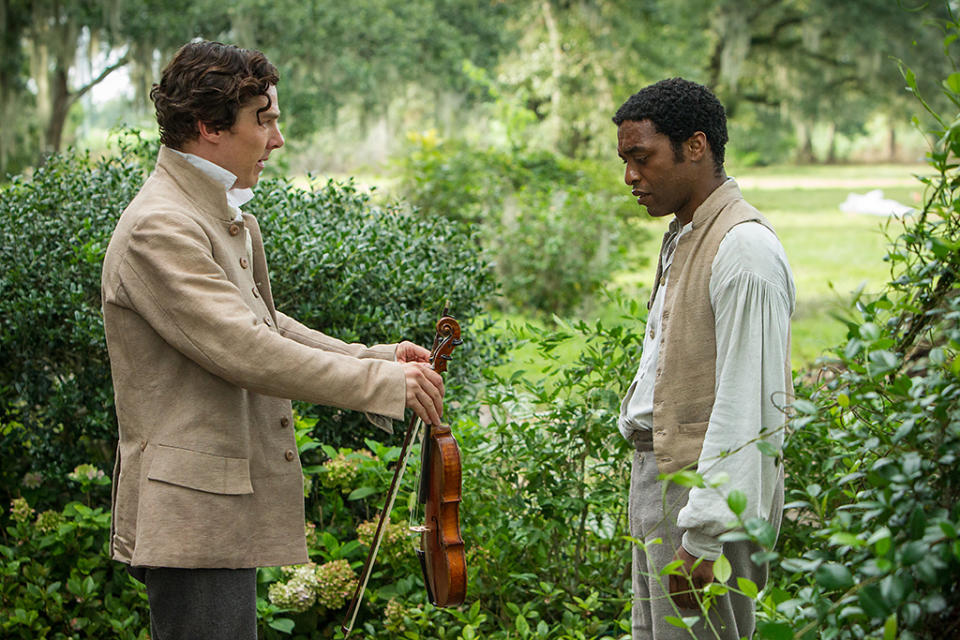Benedict Cumberbatch apologizes for calling black actors 'coloured'

This is one of the rare times Benedict Cumberbatch makes headlines for not being lovable. The 38-year-old "Imitation Game" star has already apologized for using the term "coloured actors" during an interview on PBS last week with Tavis Smiley.
"As far as coloured actors go, it gets really difficult in the U.K.," Cumberbatch said. "I think a lot of my friends have had more opportunities [in the U.S.] than in the U.K., and that's something that needs to change."
The British actor released a statement on Monday in which he said: "I'm devastated to have caused offense by using this outmoded terminology. I make no excuse for my being an idiot and know the damage is done. I can only hope this incident will highlight the need for correct usage of terminology that is accurate and inoffensive.The most shaming aspect of this for me is that I was talking about racial inequality in the performing arts in the U.K. and the need for rapid improvements in our industry when I used the term."
This is not the first time Cumberbatch has faced controversy. In the wake of his performance as a slave owner in the 2013 film "12 Years a Slave," news circulated that his fifth great-grandfather, Abraham Cumberbatch, owned slaves as part of his sugar plantation in Barbados in the 1700s.

Benedict's mother, Wanda Ventham, reportedly encouraged him to use a different professional name to avoid possible reparation claims from the descendants of slaves his relatives had owned.
New York City commissioner Stacey Cumberbatch revealed in an interview with The New York Times last year that she her ancestors were Caribbean immigrants who adopted Abraham's name while working for him as slaves.
Benedict appeared in the 2006 film "Amazing Grace," about British politican William Wilberforce's efforts to pass anti-slave legislation, in response to his history. The Oscar nominee told The Guardian in 2008 that doing the film was "a sort of apology."


